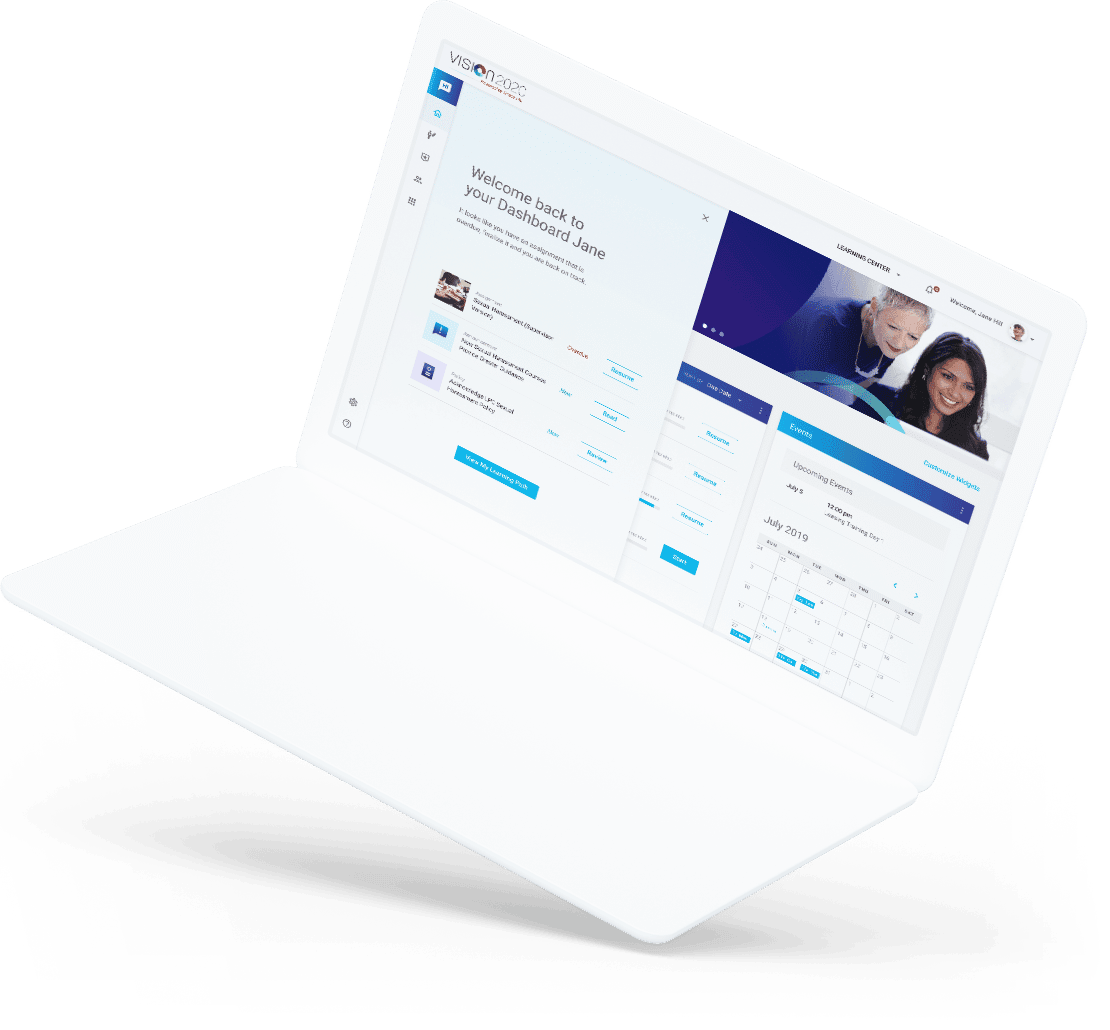Latest Headline
What You Need To Know About Fair Housing Laws And Social Media
| Grace Hill
All of your questions regarding social media in the workplace are finally answered.
Blog Articles
The Beginner’s Guide to Successful Property Management Social Media
If you’ve been reluctant to fully embrace social media as a marketing strategy for your property, you’re not alone.
The Bias Blind Spot: Can AI Tools Perpetuate Housing Discrimination?
Imagine finding your dream apartment but then being rejected by an Artificial intelligence (AI) algorithm with a hidden bias. This reality is the potential downside of AI in multifamily real estate housing. Fueled by the success of ChatGPT, a wave of new AI services like Gemini and Jasper are flooding the market. With an estimated…
4 Innovative Ways To Create a Community Residents Love
Creating a community residents love is crucial to the ongoing success and profitability of rental housing. Every property manager wants satisfied residents, which involves more than just collecting rent. Many renters today are looking for a property that can offer a comfortable and healthy environment, along with modern amenities. As competition tightens, multifamily property managers…
Enhancing the Employee and Tenant Experience Through Surveys
Nearly four years after the brief but severe COVID-19 recession in the spring of 2020, the U.S. jobs market remains exceptionally strong. The balance of power is firmly tilted toward workers — with little sign of a recession that might swing the power pendulum back to employers. With the national unemployment rate hovering near 50-year…
Leveraging AI in Commercial and Multifamily Real Estate
A new generation of technology is coming to property management. Building engineers have increasingly implemented smart building technology to improve energy efficiency and sustainability. Now, the application of artificial intelligence (AI) stands to greatly enhance those efforts — and extend the technology to other aspects of property operations. The timing is opportune. As we summarized…
Have Your Employees Had Enough? The Top 5 Signs Of Change Burnout And How To Overcome Them
Change is inevitable, especially in the fast-paced world of multifamily real estate. However, as companies eagerly embrace transformative initiatives, a significant challenge emerges — change burnout. With constant shifts in market dynamics, technology, and customer expectations, this phenomenon is a growing concern in the industry, and it can have profound consequences on the performance and well-being of…
8 Simple Steps That Will Make Onboarding Your New Software a Success
Don’t launch alone! A smooth and successful software implementation begins with careful planning, focused training, and an experienced provider you can trust. Before you know it, we’ll be turning the calendar on a new year! And while the thought of that might quicken your pulse, it’s also a thrilling opportunity for fresh starts and…
Raising Employee Engagement To Maximize Employee Retention
In a recent Grace Hill blog, I explained that “the key to keeping buildings leased is to make sure tenants are happy.” The reason is intuitive and now has been proven quantitatively: Satisfied tenants are more likely to renew their leases. They are also more likely to recommend the building to their colleagues and thus…
The Power of Competitive Mystery Shops in Multifamily
Proven and effective, competitive mystery shops help you surpass the competition, boost your bottom line, and increase resident satisfaction. In the fiercely competitive world of multifamily apartment management, staying ahead of the curve is essential, hinging not only on providing well-maintained properties and exceptional amenities but also on understanding and surpassing the expectations of…
Orientation vs. Onboarding: Do You Know the Difference?
Both are needed to successfully integrate new employees and retain top talent! Orientation and onboarding: Both are familiar terms, yet they are two words often mistakenly used interchangeably. While they may seem similar at first glance, they serve distinct purposes and play crucial roles in retaining organizational talent. And everyone in the organization (not…
To learn more about our Solutions, request a demo














